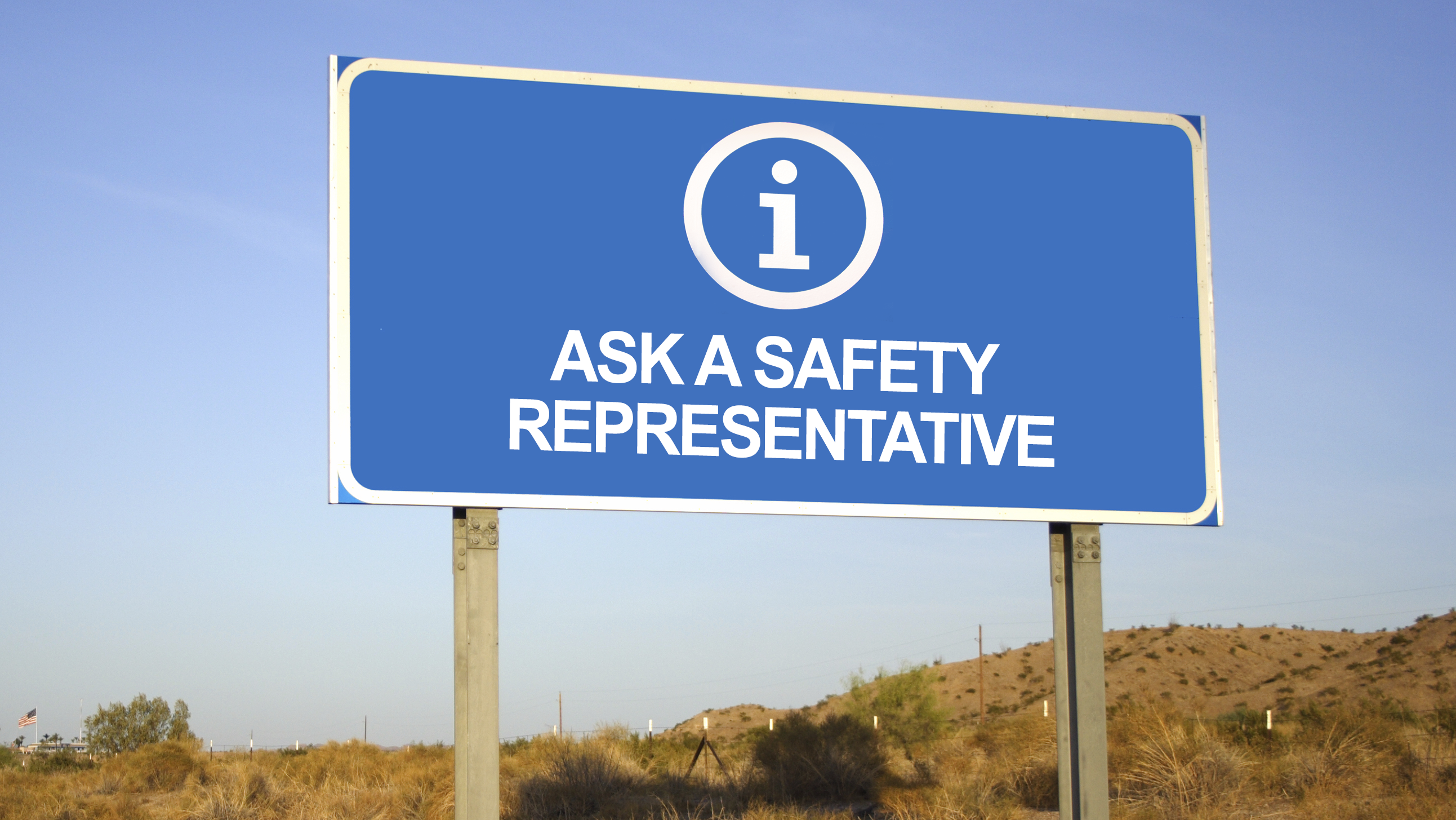Ask the Safety Rep: Can I purge driver qualification documents?
The Federal Motor Carrier Safety regulations (FMCSR) require a motor carrier to maintain a...

Great West |
The Federal Motor Carrier Safety regulations (FMCSR) require a motor carrier to maintain a...
.jpg)
Great West |
FMCSA released the new CVSA inspection bulletin pertaining to Electronic Logging Devices (ELDs) and...

Great West |
Lane change crashes pose a clear and present danger to motor carriers. The trucking industry...

Great West |
This is meant to be a summary of information contained in the rule. Be sure to review the rule and...

Great West |
This is meant to be a summary of information contained in the rule. Be sure to review the rule and...

Great West |
On-time reporting of physical damage...

Great West |
One of the most frustrating cargo claims for any motor carrier is the rejection of an entire...

Great West |
Specific areas of concern for most drivers can be logging the day, on duty/off duty status,...

Great West |
After the planning and training are done, you will want to move into the actual execution or...

Great West |
Walking-working surfaces pertains to floors, ladders, stairways, runways, dock boards, roofs,...

Great West |
Switching from a paper logging system to an electronic logging system is not as simple as “plug in...

Great West |
Managing the risks associated with trucking operations can be a daunting task. From choosing the...